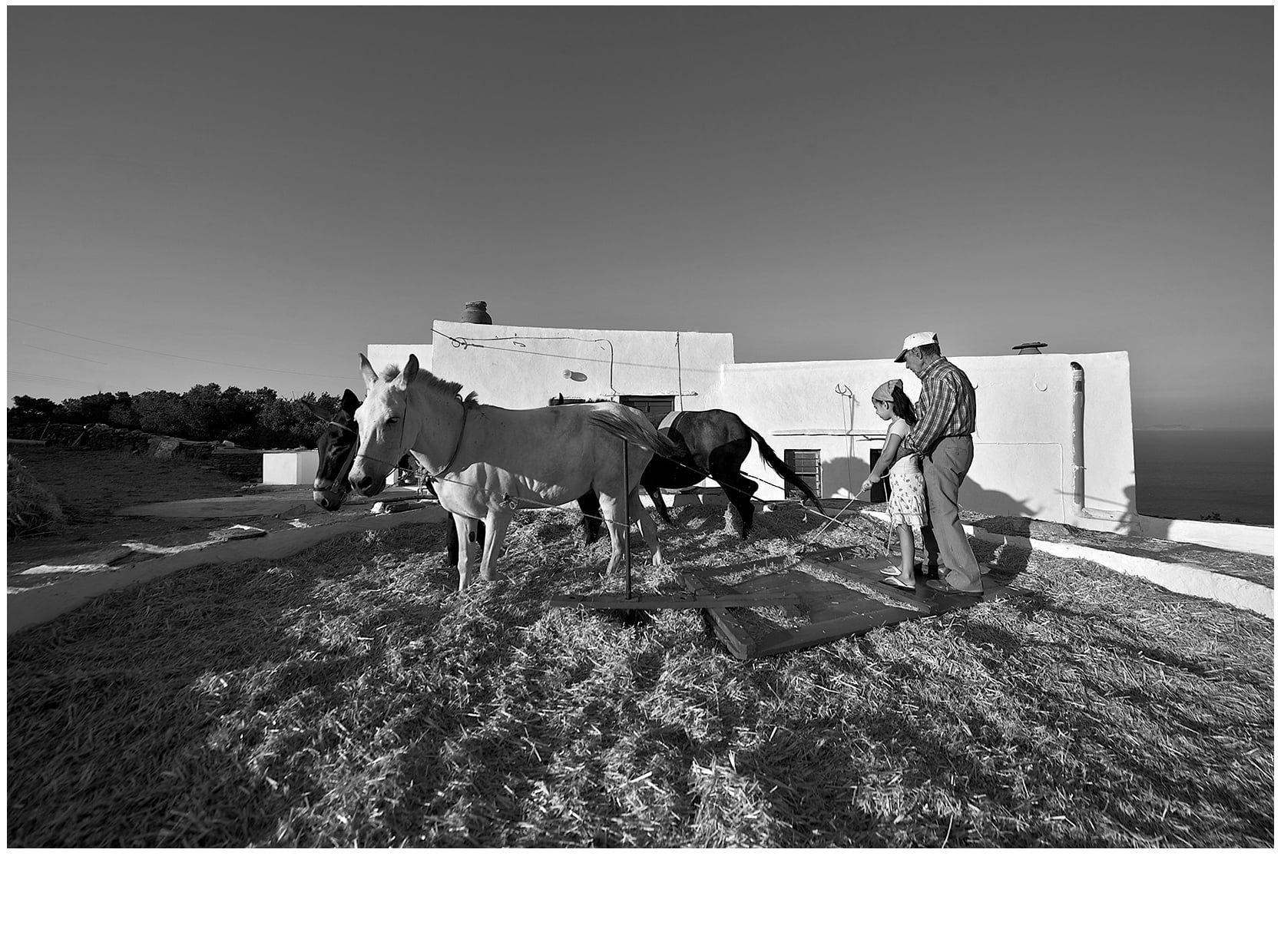

Prior to the 1990’s, narratives of ancient diets, food preparation and consumption were limited to the social context of food-serving and drinking vessels. However, in the past two decades, scientific sub-disciplines within archaeology (archaeozoology and archaeobotany) produced an immense amount of information for our understanding of consumption in antiquity and helped answer questions about ancient diets, their variations and impact on ancient societies, as well as placed the study of ancient food as a marker of ancient cultural identity.
Unfortunately, very little of this discourse has influenced exhibition narratives or permanent Museum exhibits, as organic remains do not preserve well in the archaeological record. This project and its exhibition outputs aim to fill this gap and address ancient cultivation and consumption practices as an important socioeconomic aspect of the study of antiquity and the archaeology of the Mediterranean islands. This by-project investigates evidence of the interaction between physical environment, island economy and the production and consumption of food in the three large Mediterranean islands (Cyprus, Crete and Sardinia).
This resource (developed in collaboration with Dr Evi Margaritis, The Cyprus Institute Nicosia), will consist of a display presenting material related to the preparation and consumption of foods, including material attesting symbolic practices and behaviours in the three islands. The display will include objects used in drinking and food-serving (e.g., kylikes, skyphoi, kantharoi, pinakia), as well as up to 60 ecofacts (charred grains and other archaeobotanical remains from the collections of the British School at Athens-Villa Ariadne, Knossos, in collaboration with the Knossos Curator, Dr Kostis Christakis, and those on loan from the Department of Antiquities, Cyprus, as well as new, dried botanical remains). These ecofacts will illustrate variations in diet based on geographical location and chronological period, as well as examples of staple foods in the Mediterranean (wine, oil, bread, cereals and legumes) and cultivation of local specialties.